Find Help
More Items From Ergsy search
-
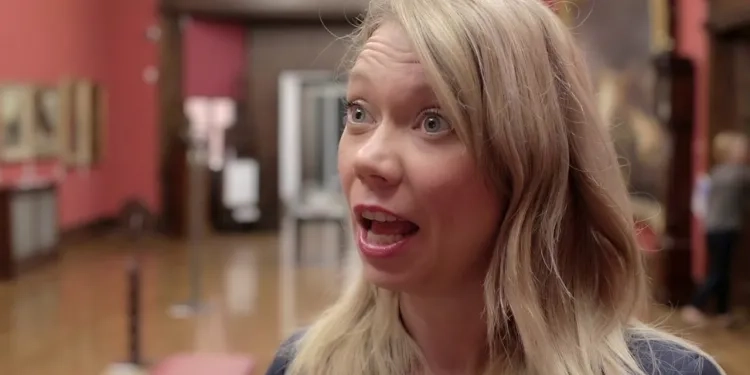
Social Prescribing
Relevance: 100%
-
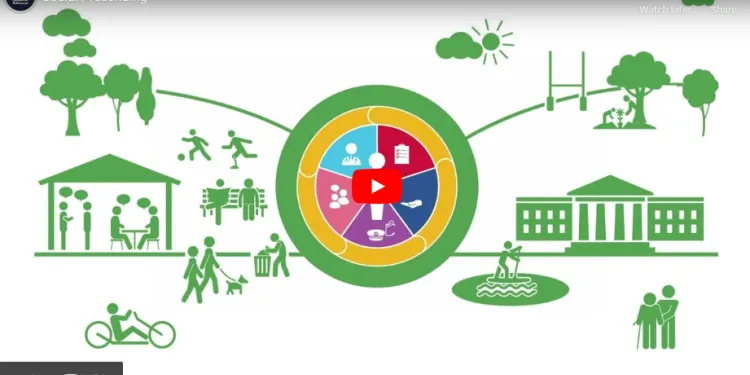
Social Prescribing
Relevance: 100%
-
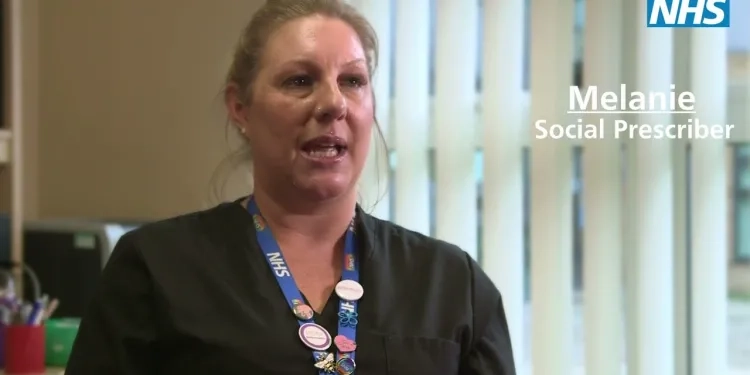
What is a social prescriber?
Relevance: 94%
-
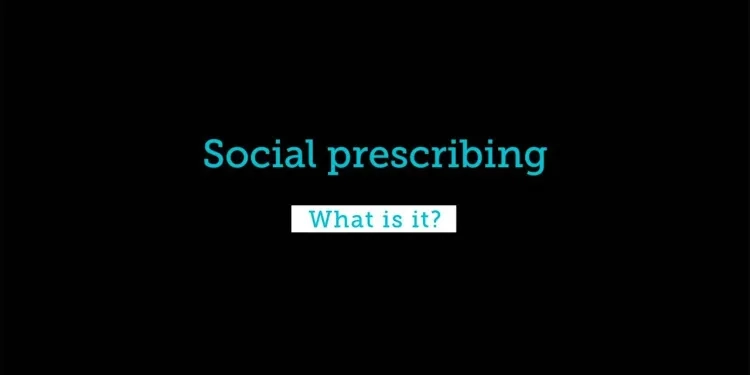
Social prescribing – what is it?
Relevance: 94%
-
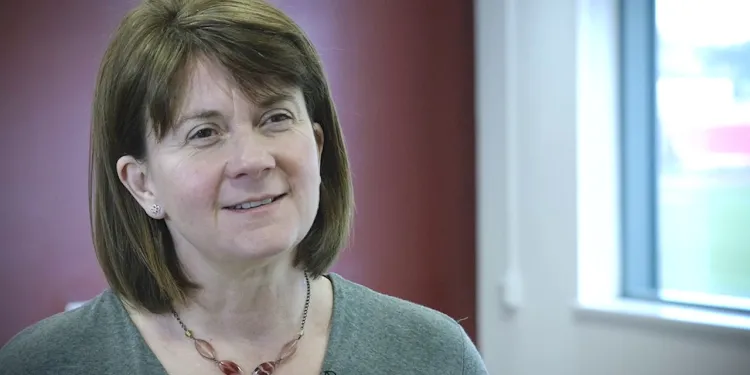
Social prescribing in practice: supporting social prescribing link workers
Relevance: 94%
-
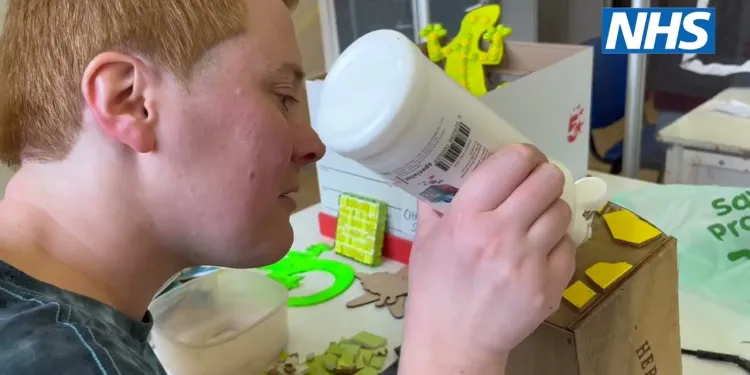
Social Prescribing in Greater Manchester
Relevance: 89%
-
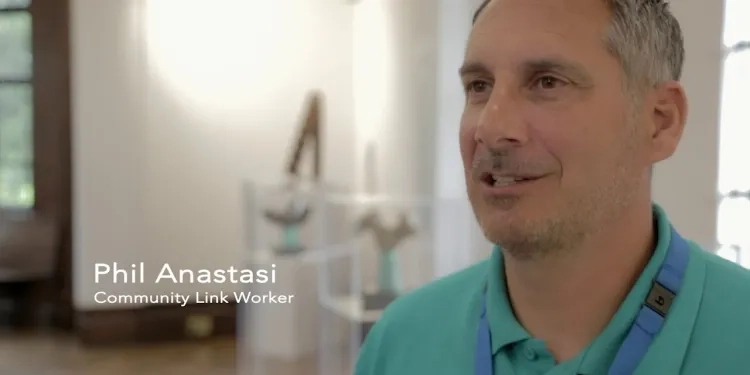
Introducing Social Prescribing - short video
Relevance: 86%
-
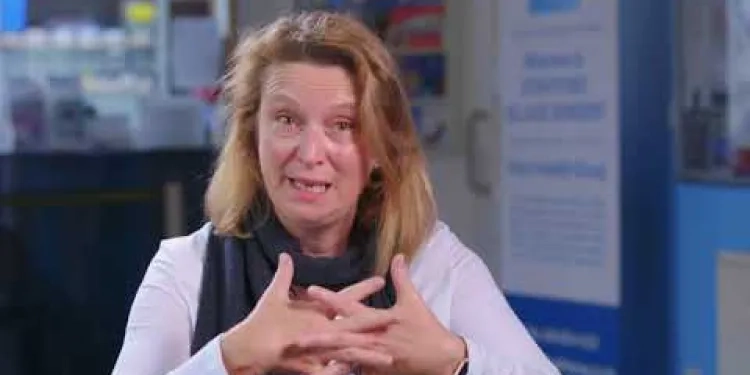
Social prescribing in south east London
Relevance: 85%
-
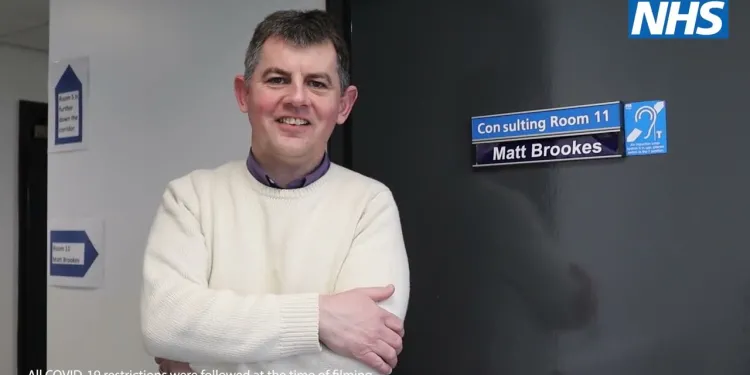
What is a social prescriber, and how do they support general practice?
Relevance: 78%
-
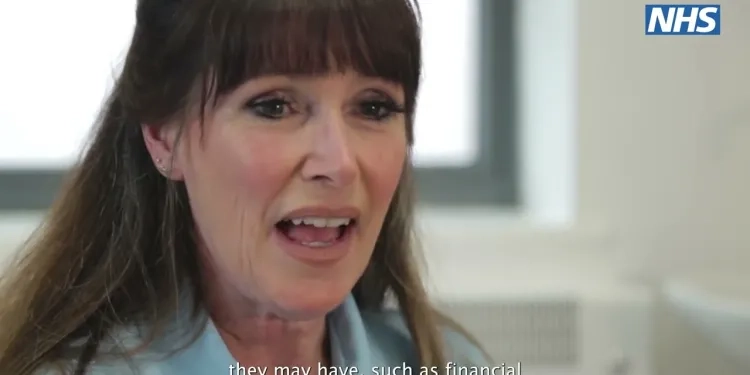
How can a Social Prescribing Link Worker help you? #MeetYourGPTeam
Relevance: 73%
-
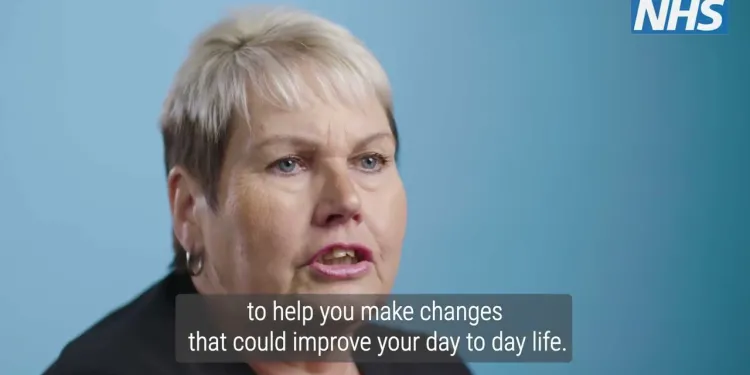
Social Prescribing Link Workers are part of new health and wellbeing services in NHS surgeries
Relevance: 69%
-

Do chiropractors prescribe medications?
Relevance: 50%
-
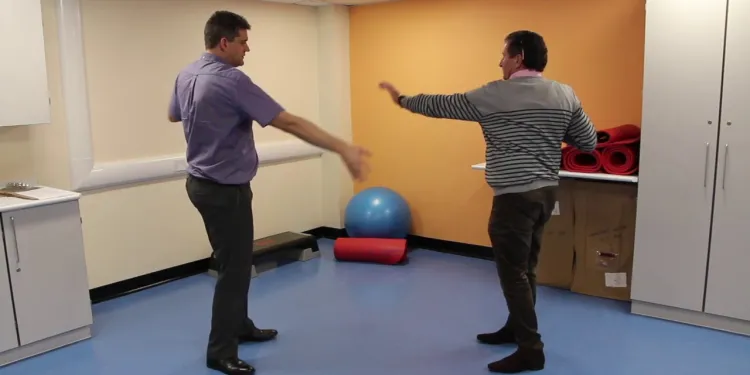
Sean's Story - There is another way. Information for prescribers
Relevance: 45%
-
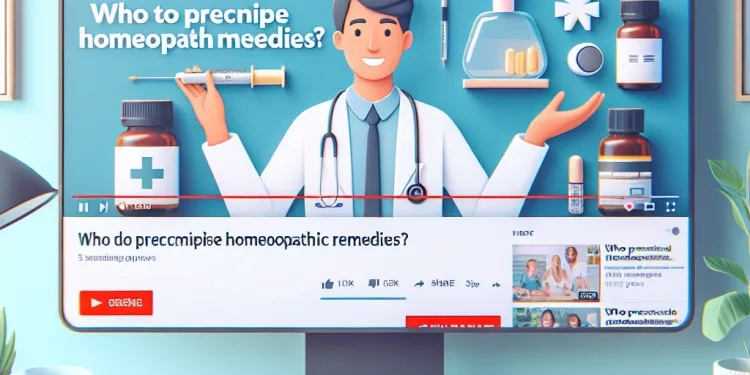
Who can prescribe homeopathic remedies?
Relevance: 45%
-
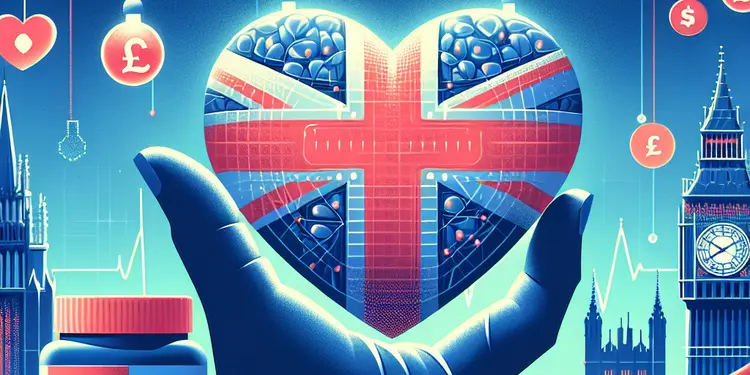
What medications are commonly prescribed for heart failure?
Relevance: 42%
-
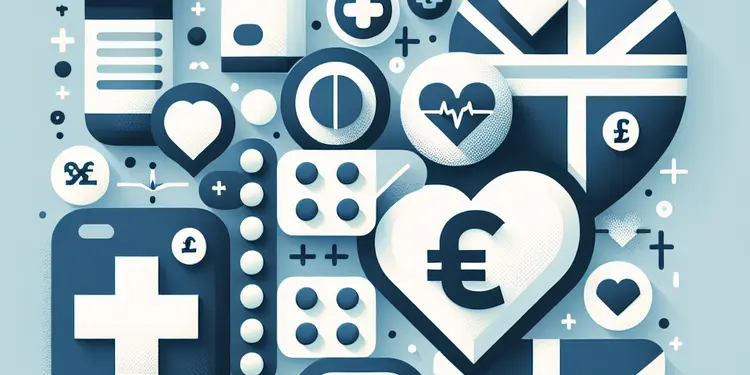
What drugs are commonly prescribed to reduce the risk of heart attacks?
Relevance: 40%
-
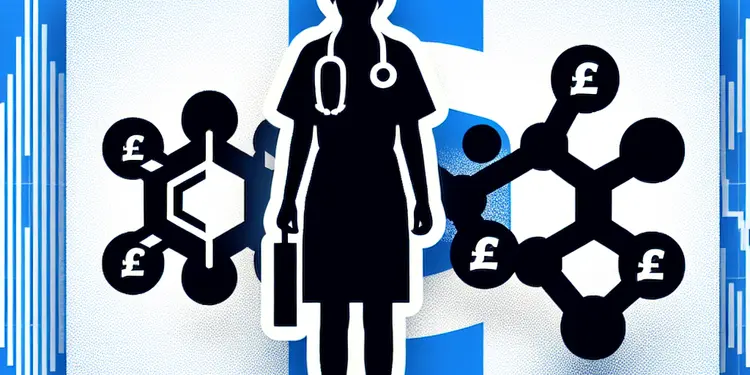
Can ketamine be prescribed for mental health conditions?
Relevance: 37%
-
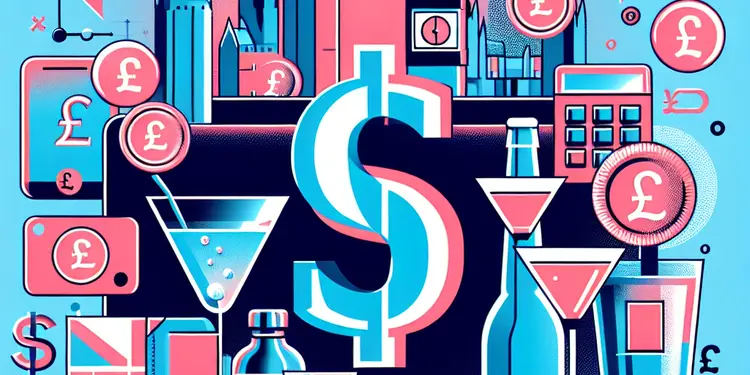
What are the social consequences of binge drinking?
Relevance: 37%
-
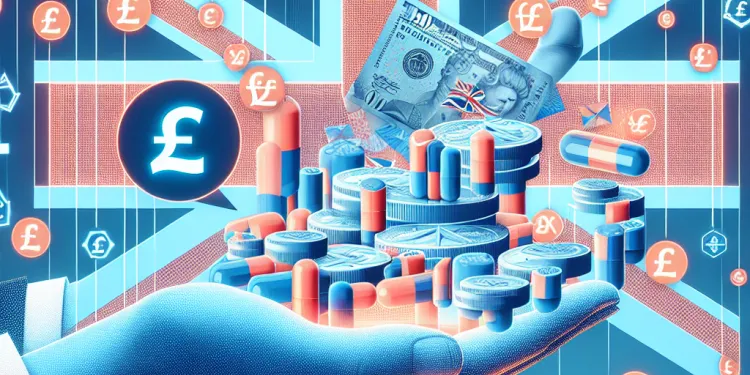
Who might be prescribed Baxdrostat?
Relevance: 37%
-
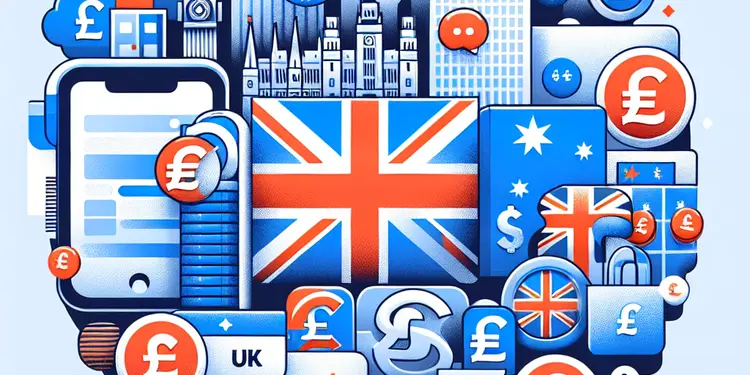
Is there public support for the social media ban in Australia?
Relevance: 35%
-

Submitted Addressing Social Inequalities: Initiatives and Challenges in the UK
Relevance: 35%
-
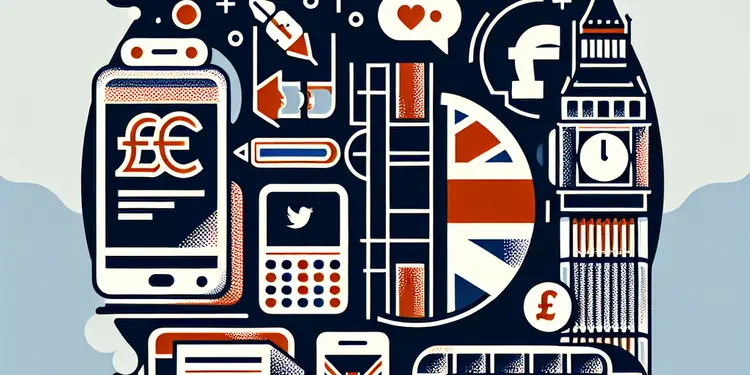
Are there any criticisms of the social media ban for children?
Relevance: 35%
-
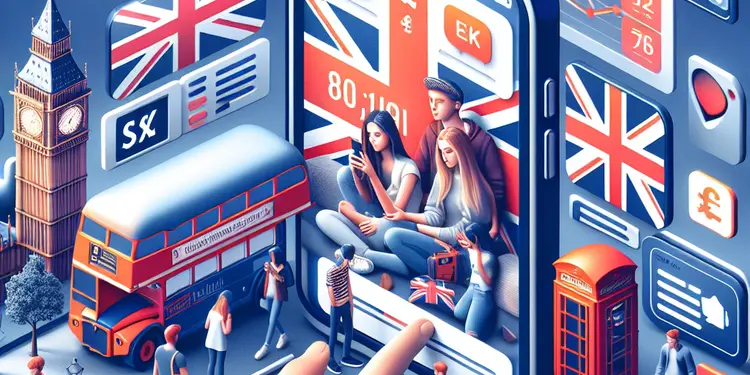
Is the UK introducing a Social Media ban for under 16's?
Relevance: 35%
-
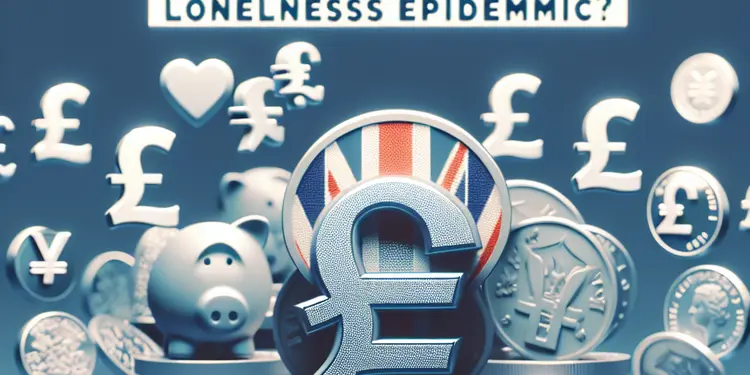
How does social media contribute to the loneliness epidemic?
Relevance: 34%
-
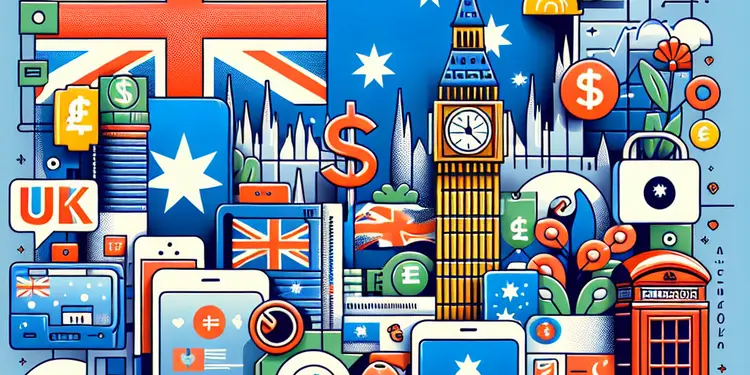
What is the social media ban for children in Australia?
Relevance: 34%
-
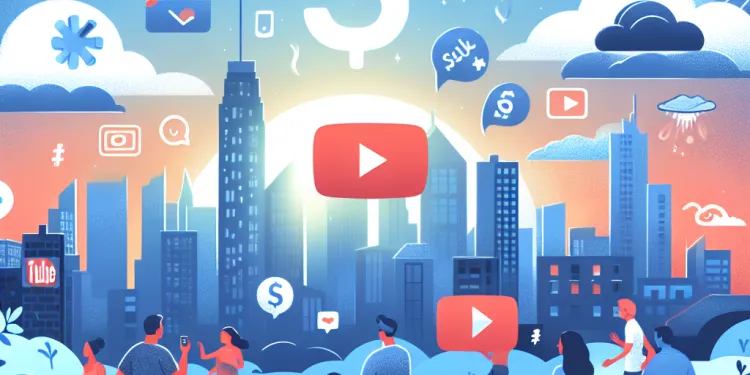
Strategies for Reducing Loneliness and Social Isolation in Urban Areas
Relevance: 34%
-
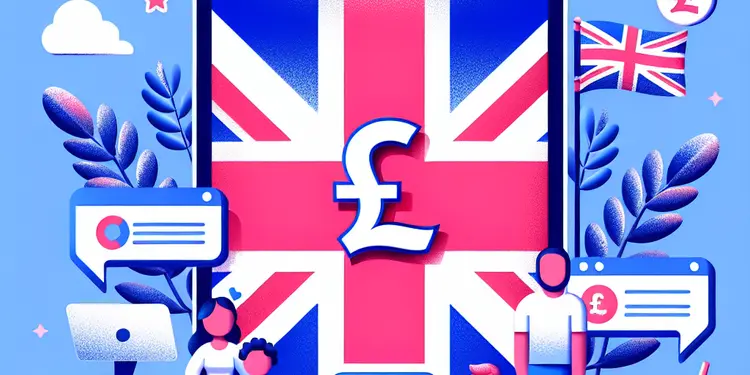
What role do parents play in the social media ban?
Relevance: 34%
-
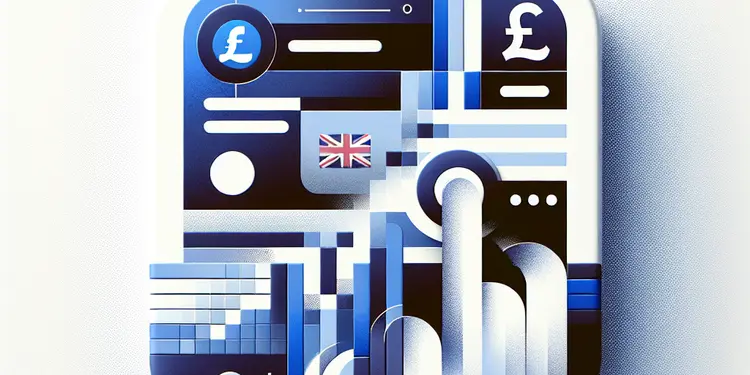
Who is pushing for a social media ban for under 16s in the UK?
Relevance: 34%
-

Why are there unfamiliar apps connected to my social media account?
Relevance: 34%
-
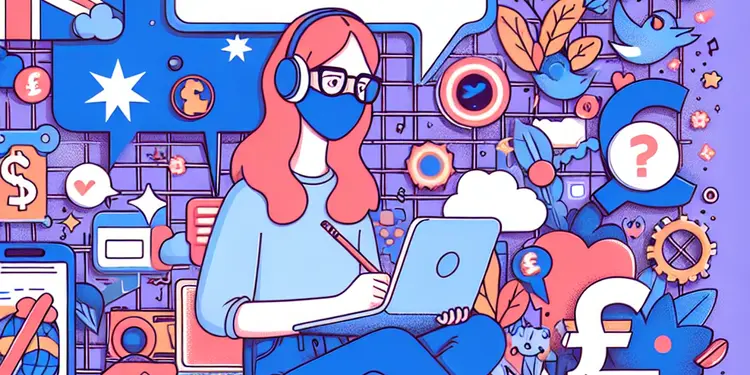
Why was the social media ban for children implemented in Australia?
Relevance: 34%
-
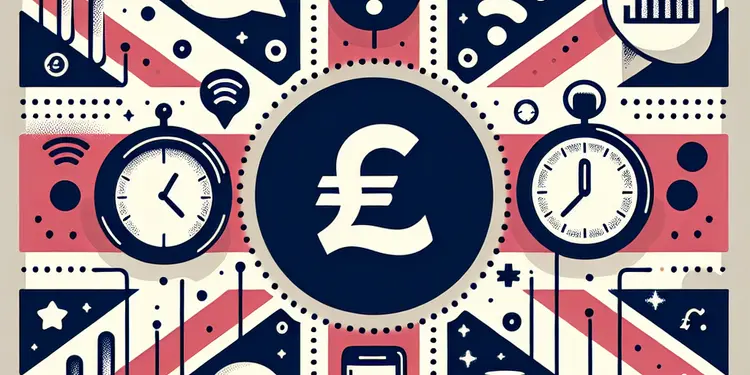
What future changes are anticipated for the social media ban?
Relevance: 33%
-
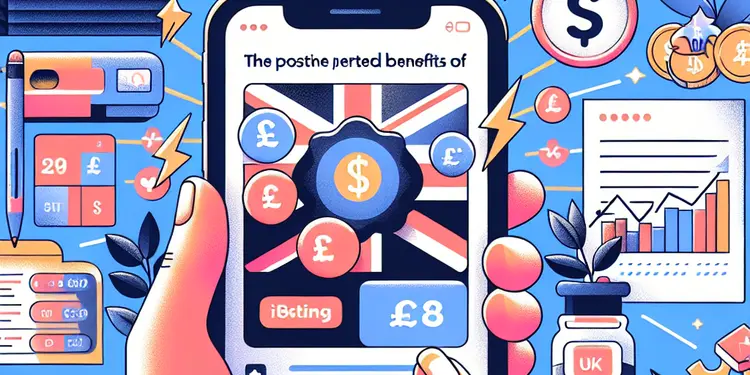
Have there been any reported benefits of the social media ban?
Relevance: 33%
-
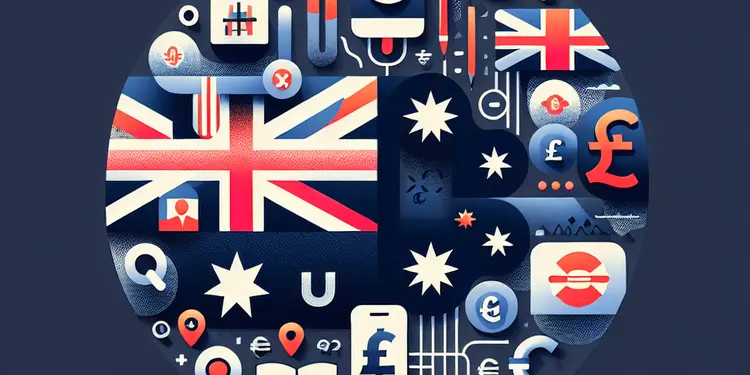
Is there any international interest in Australia's social media ban?
Relevance: 33%
-
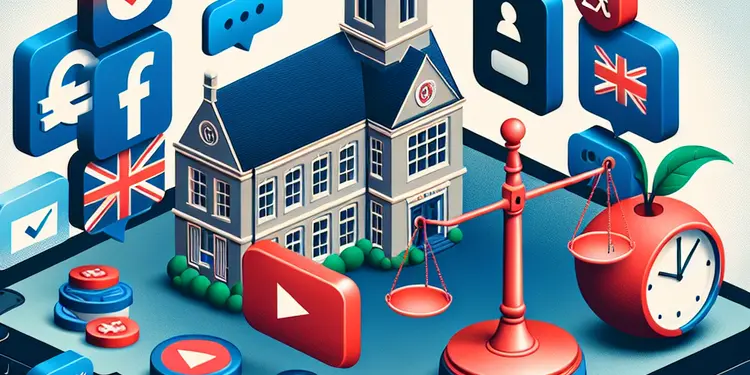
What role do schools play in supporting the social media ban?
Relevance: 33%
-
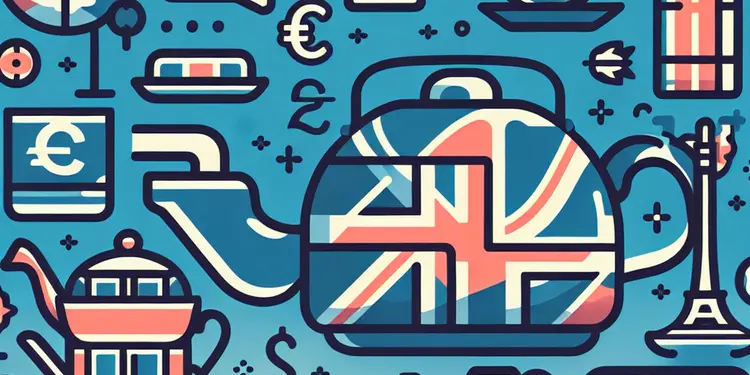
How has the social media industry reacted to the ban?
Relevance: 33%
-
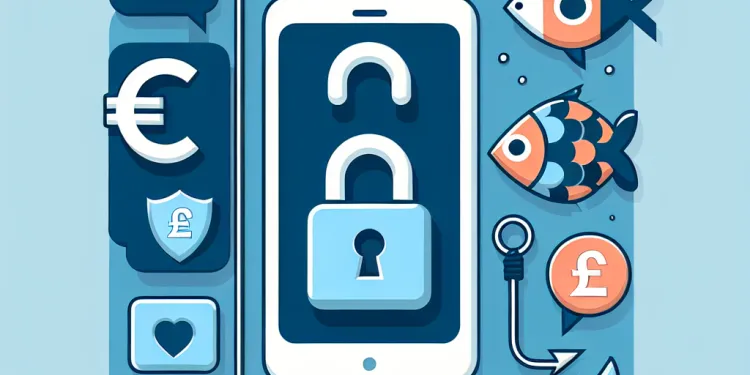
How can phishing attacks lead to social media hacks?
Relevance: 33%
-

Is the UK planning to introduce a social media ban for those under 16?
Relevance: 33%
-
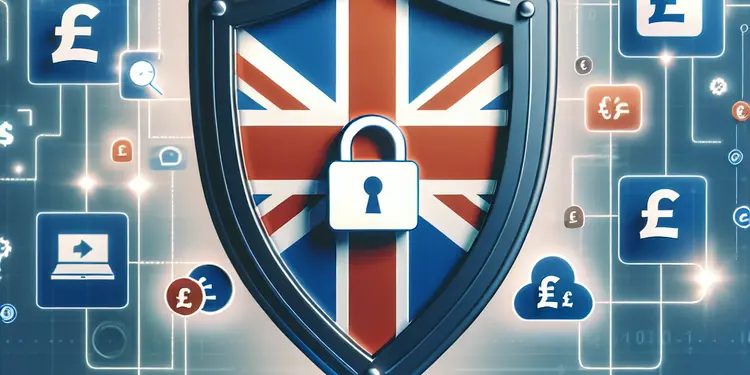
Can scammers access my information through social media?
Relevance: 33%
-
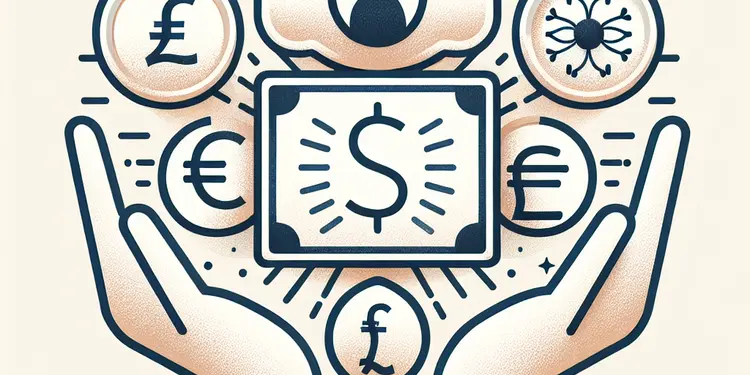
What is Social Security and how can seniors benefit from it?
Relevance: 33%
-
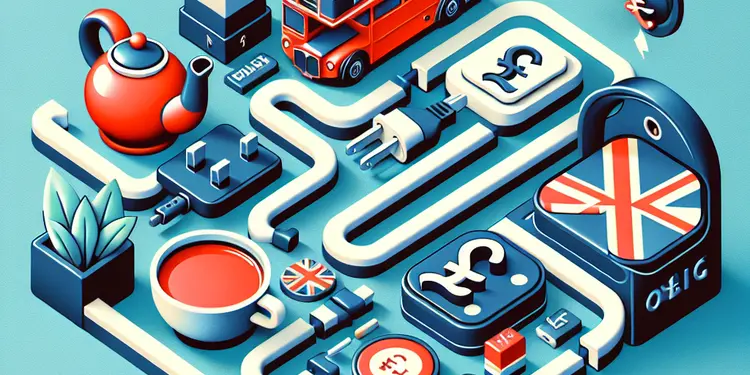
What challenges have been encountered with the social media ban?
Relevance: 33%
Social Prescribing in Greater Manchester
What is Social Prescribing?
Social prescribing is a way for healthcare professionals to refer patients to non-clinical services to support their health and wellbeing. Instead of solely offering medical interventions, social prescribing aims to address the wider determinants of health by connecting individuals with community resources such as clubs, social activities, volunteering opportunities, and counselling services. It focuses on a holistic approach, considering the social, emotional, and practical needs of individuals.
The Role of Social Prescribing in Greater Manchester
Greater Manchester has been at the forefront of promoting social prescribing, recognizing its potential to improve public health outcomes and reduce the burden on the healthcare system. The region has embraced this model, integrating it within primary care and community health services to create a more person-centered healthcare system. Initiatives often involve collaboration between the NHS, local councils, and voluntary organisations.
Benefits to Residents
The benefits of social prescribing are profound. By addressing issues such as social isolation, mental health problems, and long-term conditions through community-based support, residents of Greater Manchester can experience enhanced wellbeing and quality of life. Patients may find access to a plethora of activities ranging from fitness classes, art groups, and nature-based therapies to debt management and employment advice, all aimed at fostering increased resilience and self-management.
Referrals and Access
Access to social prescribing typically begins with a consultation with a GP or another healthcare professional, who can then refer the patient to a link worker or social prescribing coordinator. These professionals work closely with patients to co-create a tailored 'social prescription', guiding them through available options and helping them engage with appropriate community resources.
Impact and Future Directions
The impact of social prescribing in Greater Manchester has been promising, with reported improvements in patients' physical and mental health as well as reductions in healthcare visits. Looking forward, there are plans to expand and enhance social prescribing services, ensuring broader access and continued integration within the healthcare ecosystem.
Social Prescribing in Greater Manchester
What is Social Prescribing?
Social prescribing helps connect people to local services to improve their health and happiness. Doctors can suggest activities like clubs, social groups, volunteering, and talking therapies instead of just medicine. It looks at the whole person, thinking about social, emotional, and practical needs.
The Role of Social Prescribing in Greater Manchester
In Greater Manchester, social prescribing is important for helping people stay healthy and reducing stress on doctors and hospitals. The area uses a plan that includes doctors, local councils, and charities working together to focus on the needs of each person.
Benefits to Residents
Social prescribing can help people feel better if they feel alone or have long-term health issues. In Greater Manchester, it can improve people's lives by offering fun activities like exercise classes, art groups, and support with money and jobs. This helps people take care of themselves.
Referrals and Access
To start with social prescribing, you see a doctor or healthcare worker. They can refer you to a link worker who helps you find local services that match your needs. They make a plan with you to find the right activities and support.
Impact and Future Directions
Social prescribing has helped people in Greater Manchester feel healthier, both in body and mind. It also means fewer visits to the doctor. There are plans to make these services bigger and better, so more people can use them and feel the benefits.
Frequently Asked Questions
What is social prescribing?
Social prescribing is a holistic approach to health and well-being that connects individuals to non-clinical services and support in their community, such as exercise groups, social clubs, and local volunteer opportunities.
Who can benefit from social prescribing?
Anyone experiencing issues that affect their mental or physical health, such as loneliness, stress, long-term conditions, or lifestyle factors like diet and exercise, can benefit from social prescribing.
How does social prescribing work in Greater Manchester?
In Greater Manchester, social prescribing involves Link Workers who work with GPs to refer patients to community services and activities tailored to their individual needs.
What role do Link Workers play?
Link Workers are trained professionals who help individuals identify their needs, set goals, and connect with appropriate community resources to improve their overall well-being.
Is social prescribing free?
Yes, social prescribing services provided through the NHS and local councils in Greater Manchester are free for patients.
How do I access social prescribing?
You can access social prescribing through a referral from your GP, healthcare professional, or directly contacting local social prescribing services.
What types of activities are available through social prescribing?
Activities can include fitness classes, gardening clubs, art groups, mental health support groups, volunteering opportunities, and more.
Can social prescribing help with mental health issues?
Yes, social prescribing can support mental health by addressing factors like social isolation, stress, and lifestyle, and by connecting individuals with relevant support groups and activities.
Are the activities and services offered locally?
Yes, social prescribing focuses on connecting individuals with local resources and services within Greater Manchester to encourage community involvement and accessibility.
Can I self-refer to social prescribing services?
In some cases, self-referral is possible. However, it is often recommended to go through a GP or other healthcare professional for a more tailored approach.
How long does the social prescribing process take?
The duration can vary depending on individual needs and the specific services involved. An initial consultation with a Link Worker can help set expectations and timelines.
Is social prescribing available for children and young people?
Yes, social prescribing services are available for people of all ages, including children and young people, with tailored activities and support to meet their needs.
Do I need any special qualifications to join activities through social prescribing?
No special qualifications are needed. Activities and services are designed to be inclusive and accessible to everyone.
Can social prescribing help with chronic illness management?
Yes, social prescribing can help individuals manage chronic illnesses by connecting them with support groups, lifestyle interventions, and other community resources.
How can I provide feedback on my social prescribing experience?
Feedback can often be provided directly to the social prescribing service, through your Link Worker, or via local NHS or council feedback channels.
What is social prescribing?
Social prescribing is when a doctor helps you find local activities and groups to make you feel better. This can be things like dance classes, art groups, or gardening.
These activities can help you make friends, learn new things, and improve your mood.
If you need help understanding or remembering this, you can use pictures, ask someone to read it with you, or write down what you learn in a notebook.
Social prescribing helps people feel better by linking them to fun and helpful activities in their community. This can include joining exercise groups, social clubs, or volunteering locally.
Who can be helped by social prescribing?
Social prescribing can help different people. Here are some examples: - People feeling lonely. - People who are stressed or worried. - People with health problems. - People who want to try new things or meet new friends. Social prescribing can connect you to activities, like art classes, walking groups, or gardening. If you need help to understand more, you can ask: - A friend or family member to help you read it. - Use a tool that reads text out loud. - Look for a video that explains it with pictures and words. Remember, asking for help is a good thing!Social prescribing can help lots of people. It can help if you feel lonely, stressed, or have long-lasting health problems. It can also help if you need to think about what you eat and exercise more.
How does social prescribing work in Greater Manchester?
Social prescribing is a way to help people feel better.
In Greater Manchester, social prescribing helps people get support and advice.
If you are feeling worried or sad, social prescribing can help you find things to do. You might join a club, meet new friends, or learn something new.
A friendly person called a link worker can help you. They talk with you to understand what you like and need. Then, they help you find activities or support that can make you feel better.
Social prescribing is all about finding new ways to be happy and healthy.
Helpful tools or techniques: You can try using a diary to write down what makes you happy. You can also use pictures or drawings to show how you feel.
In Greater Manchester, there are special helpers called Link Workers. They work with doctors to help people. They find local activities and services that are right for each person.
What do Link Workers do?
Link Workers are people who help you. They listen to your problems and try to find the right help for you. They might connect you with doctors, support groups, or activities you like. Link Workers are like guides who help you find the right path to feeling better.
If you have trouble understanding, you can ask someone you trust to explain it to you. You can also use tools like audiobooks to listen to things read out loud.
Link Workers are people who help others. They are trained to do this. They help people figure out what they need and set simple goals. They also help connect people with services in the community. This helps people feel better and live happier lives.
Is Social Prescribing Free?
Can you get social prescribing without paying money?
Social prescribing can help you. It is free. There is no cost. You do not need money to try it.
If you want help, ask your doctor. A doctor can tell you more.
Need more help? Here are some tips:
- Ask someone at home.
- Use a computer to search.
- Try a voice assistant (like Siri or Alexa).
Yes, the NHS and local councils in Greater Manchester offer free social prescribing services for people.
How can I get help from social prescribing?
Social prescribing is a way to get extra support for your health and well-being.
Here's how you can use it:
- Ask your doctor about social prescribing during your visit.
- Your doctor might refer you to a 'link worker'. A link worker is a friendly person who can help you find activities or services that could help you feel better.
- You can also talk to your healthcare team or visit your local community center for more information.
Support tools to help you:
- Ask a family member or friend to join you for appointments or to help you understand the information.
- Use simple notes or drawings to remind yourself of what the doctor or link worker tells you.
- Use audio recordings on your phone to listen to important information again.
You can get social prescribing help by asking your doctor or healthcare worker to refer you. You can also contact local social prescribing services yourself.
What fun things can people do with social prescribing?
Social prescribing helps people feel better by joining fun activities. Here are some things you can try:
- Go for a walk outdoors
- Join a dance or exercise class
- Try painting, drawing, or crafts
- Grow plants in a garden
- Spend time with animals
- Join a music or singing group
- Learn new skills like cooking or writing
- Make new friends in groups or clubs
If you find reading hard, you can ask someone to help explain it to you. Try breaking the list into small parts. You can also use pictures to understand better.
People can do fun things like exercise classes, gardening with friends, art groups, mental health support groups, and volunteering to help others.
Can social prescribing help with mental health problems?
Social prescribing is when doctors help people by suggesting activities. These activities can be things like joining a club, taking a class, or going for walks with others.
It can help people feel better and meet new friends. This is good for our minds and feelings.
If you have worries, talking to someone is a good step. There are also apps and groups that can help.
Remember, doing something fun and talking to people can make you feel happier.
Yes, social prescribing can help mental health. It can make things like being lonely, stressed, and how we live better. It does this by helping people find support groups and fun activities.
Are the activities and services nearby?
Are there things to do and help you can get close to where you live?
It might be helpful to:
- Check a map to see what is near you.
- Ask a friend or family member to help you look.
- Use the internet to find places that offer activities and services.
Yes, social prescribing helps people in Greater Manchester. It connects them with nearby resources and services. This helps people be part of the community and find what they need more easily.
Can I ask for social prescribing help myself?
Sometimes, you can ask for help by yourself. But it is usually a good idea to talk to your doctor or a healthcare worker first. They can help you get the right kind of help you need.
How long does it take for social prescribing to work?
Social prescribing can take some time. Here is what it involves:
- You meet with someone who helps you. This person is called a link worker.
- You talk about what you need and what things can help you feel better.
- Your link worker finds activities or support for you. This might be clubs, classes, or groups.
This process can take a few weeks to a few months. Everyone is different, so it might be quicker or slower for you.
Here are some ways to make the process smoother:
- Ask questions if you are unsure.
- Write down your thoughts to share with your link worker.
- Be patient, as finding the right support takes time.
How long it takes can be different for each person. It depends on what you need and what services are given. A first meeting with a Link Worker can help you know how long things might take.
Can children and young people get social prescribing?
Yes, there are special services to help people of all ages, like kids and teenagers. These services give activities and support just for them.
Do I need special skills to join activities with social prescribing?
You don't need any special skills or certificates. Everyone can join in the activities and use the services.
Can getting help from social activities make long-term sickness better?
Yes, social prescribing can help people with long-term illnesses. It connects them with support groups, activities to make their life better, and other community resources.
How can I give feedback about my social prescribing experience?
Would you like to share your thoughts about social prescribing? You can do this easily!
- Write it down: Use a short and simple form to write what you think.
- Talk about it: Call someone who can listen and write it down for you.
- Use pictures or emojis: Show how you feel with drawings or smiley faces.
If you need help, ask a friend or family member to help you share your feedback.
You can give your thoughts and opinions directly to the people who offer the social prescribing service. You can do this by talking to your Link Worker. You can also share your feedback with the local NHS or council.
Useful Links
This website offers general information and is not a substitute for professional advice.
Always seek guidance from qualified professionals.
If you have any medical concerns or need urgent help, contact a healthcare professional or emergency services immediately.
- Ergsy carfully checks the information in the videos we provide here.
- Videos shown by Youtube after a video has completed, have NOT been reviewed by ERGSY.
- To view, click the arrow in centre of video.
- Most of the videos you find here will have subtitles and/or closed captions available.
- You may need to turn these on, and choose your preferred language.
- Go to the video you'd like to watch.
- If closed captions (CC) are available, settings will be visible on the bottom right of the video player.
- To turn on Captions, click settings .
- To turn off Captions, click settings again.
More Items From Ergsy search
-

Social Prescribing
Relevance: 100%
-

Social Prescribing
Relevance: 100%
-

What is a social prescriber?
Relevance: 94%
-

Social prescribing – what is it?
Relevance: 94%
-

Social prescribing in practice: supporting social prescribing link workers
Relevance: 94%
-

Social Prescribing in Greater Manchester
Relevance: 89%
-

Introducing Social Prescribing - short video
Relevance: 86%
-

Social prescribing in south east London
Relevance: 85%
-

What is a social prescriber, and how do they support general practice?
Relevance: 78%
-

How can a Social Prescribing Link Worker help you? #MeetYourGPTeam
Relevance: 73%
-

Social Prescribing Link Workers are part of new health and wellbeing services in NHS surgeries
Relevance: 69%
-

Do chiropractors prescribe medications?
Relevance: 50%
-

Sean's Story - There is another way. Information for prescribers
Relevance: 45%
-

Who can prescribe homeopathic remedies?
Relevance: 45%
-

What medications are commonly prescribed for heart failure?
Relevance: 42%
-

What drugs are commonly prescribed to reduce the risk of heart attacks?
Relevance: 40%
-

Can ketamine be prescribed for mental health conditions?
Relevance: 37%
-

What are the social consequences of binge drinking?
Relevance: 37%
-

Who might be prescribed Baxdrostat?
Relevance: 37%
-

Is there public support for the social media ban in Australia?
Relevance: 35%
-

Submitted Addressing Social Inequalities: Initiatives and Challenges in the UK
Relevance: 35%
-

Are there any criticisms of the social media ban for children?
Relevance: 35%
-

Is the UK introducing a Social Media ban for under 16's?
Relevance: 35%
-

How does social media contribute to the loneliness epidemic?
Relevance: 34%
-

What is the social media ban for children in Australia?
Relevance: 34%
-

Strategies for Reducing Loneliness and Social Isolation in Urban Areas
Relevance: 34%
-

What role do parents play in the social media ban?
Relevance: 34%
-

Who is pushing for a social media ban for under 16s in the UK?
Relevance: 34%
-

Why are there unfamiliar apps connected to my social media account?
Relevance: 34%
-

Why was the social media ban for children implemented in Australia?
Relevance: 34%
-

What future changes are anticipated for the social media ban?
Relevance: 33%
-

Have there been any reported benefits of the social media ban?
Relevance: 33%
-

Is there any international interest in Australia's social media ban?
Relevance: 33%
-

What role do schools play in supporting the social media ban?
Relevance: 33%
-

How has the social media industry reacted to the ban?
Relevance: 33%
-

How can phishing attacks lead to social media hacks?
Relevance: 33%
-

Is the UK planning to introduce a social media ban for those under 16?
Relevance: 33%
-

Can scammers access my information through social media?
Relevance: 33%
-

What is Social Security and how can seniors benefit from it?
Relevance: 33%
-

What challenges have been encountered with the social media ban?
Relevance: 33%


